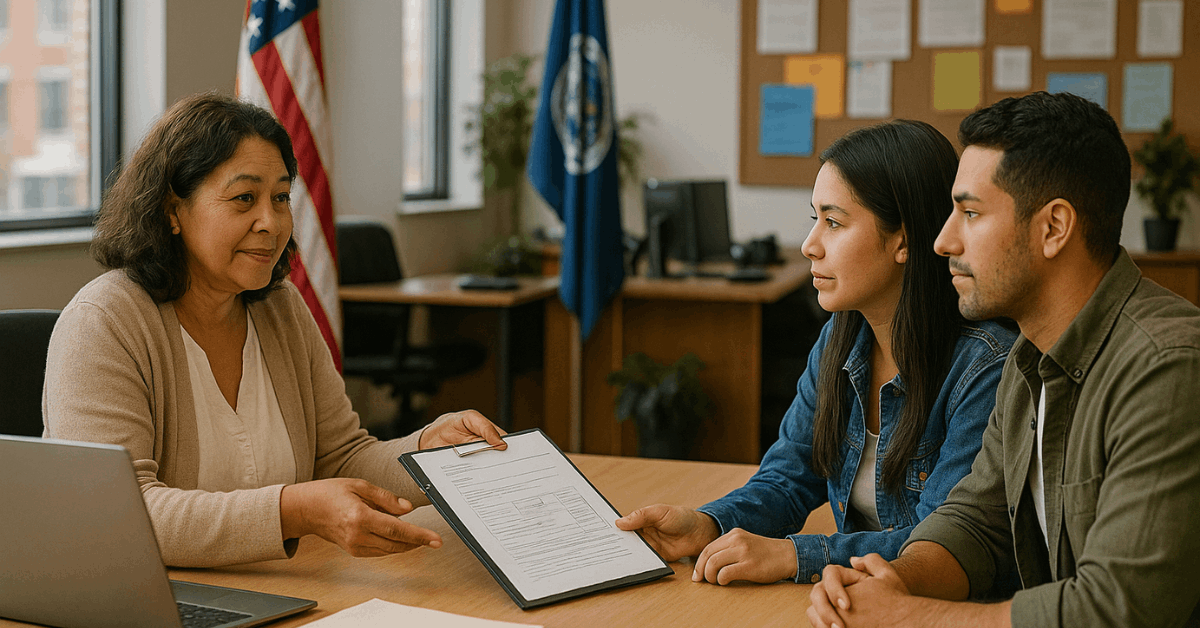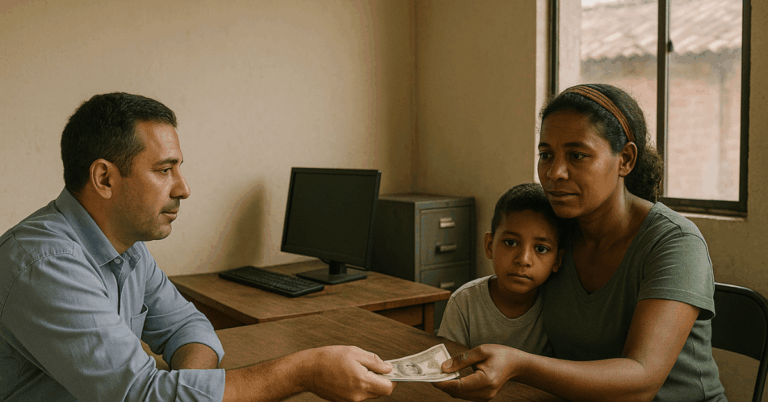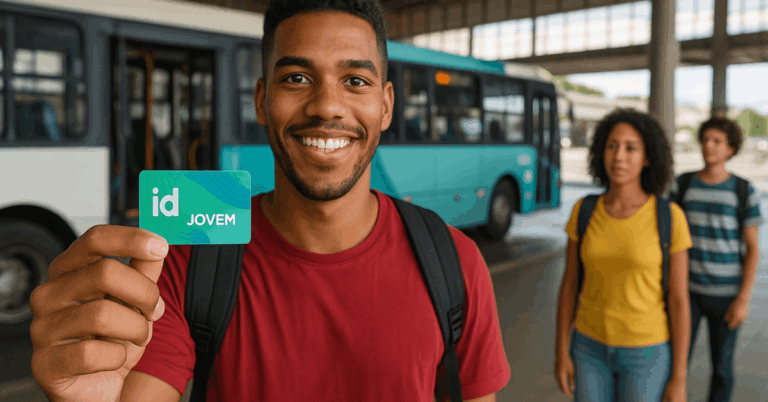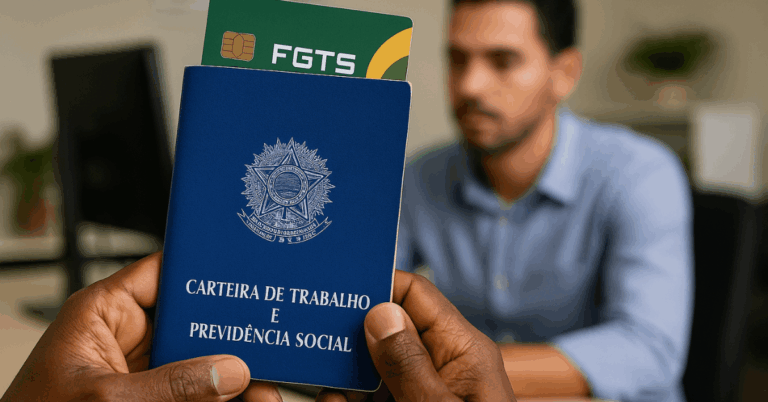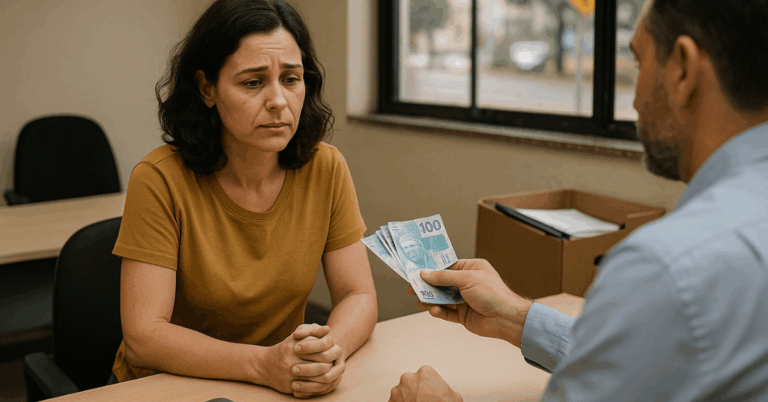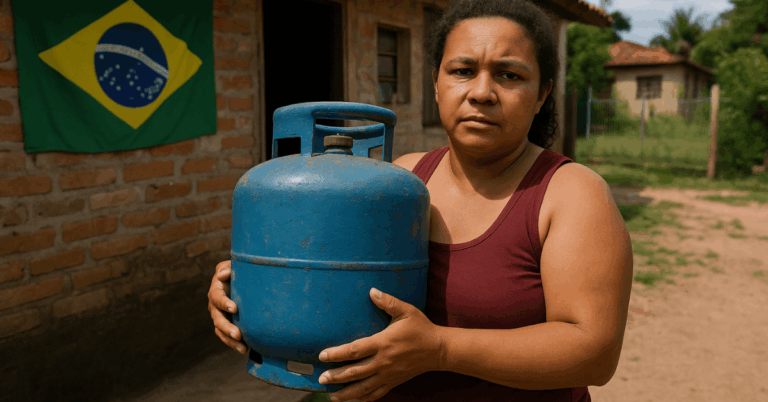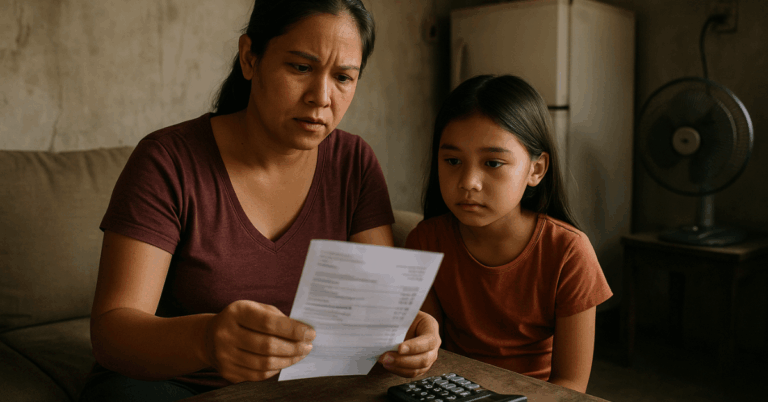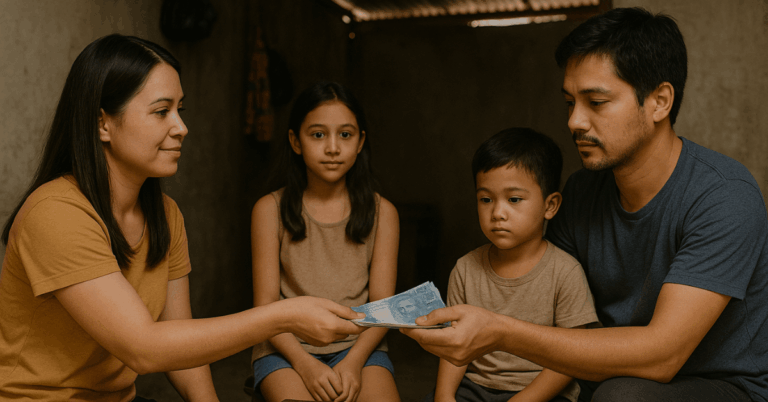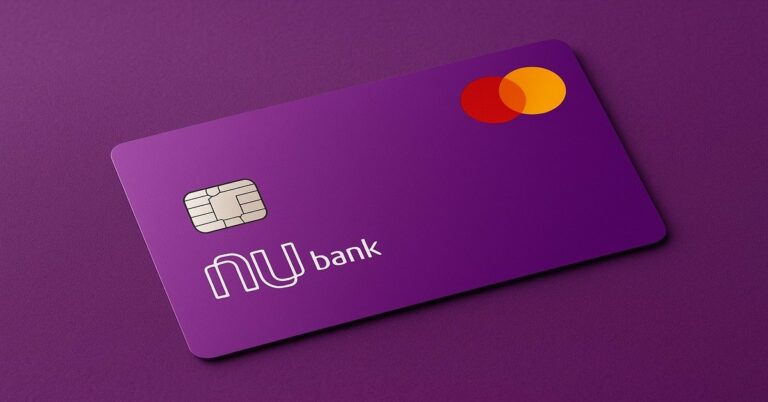The Minha Casa Minha Vida (MCMV) program is Brazil’s largest affordable housing initiative. It was created to offer homeownership opportunities to low- and middle-income families.
The program reduces inequality by helping families own their homes through subsidies and financing.
This article explains who can benefit from the program, how it works, and what changes were introduced in recent updates.
What Is Minha Casa Minha Vida?
The MCMV program was launched by the Brazilian government in 2009. It aims to make housing accessible through public and private sector partnerships.
Homes are built and financed with subsidized interest rates and social benefits. The program targets families unable to afford traditional mortgage plans.
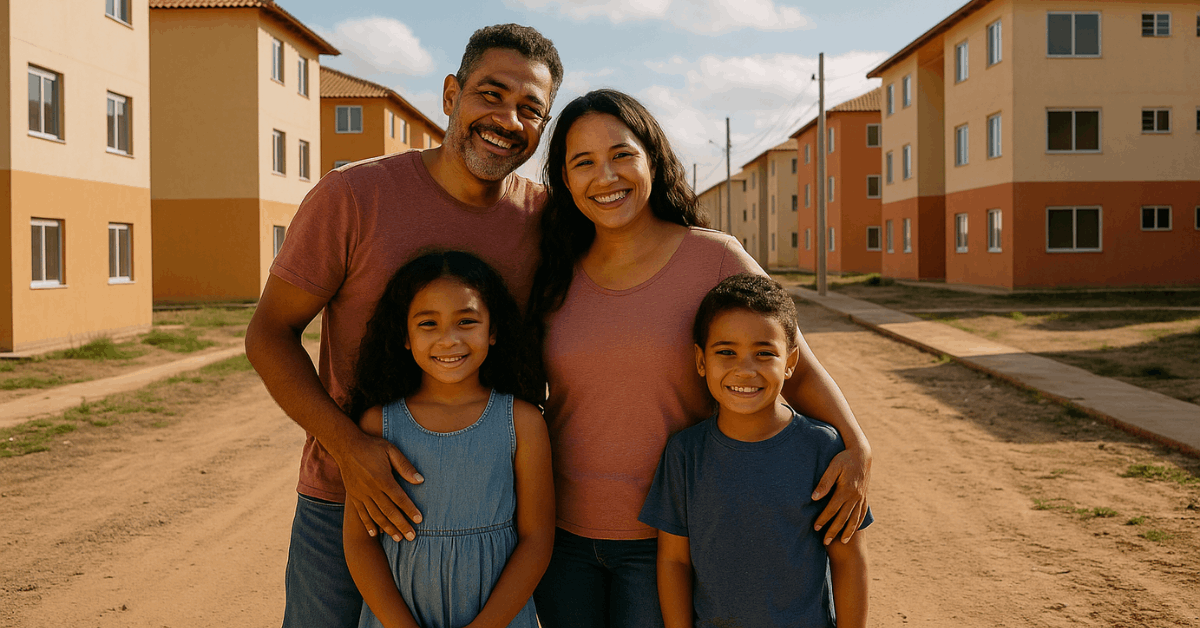
MCMV supports both urban and rural housing needs. It also encourages local economies through construction jobs and infrastructure improvements. Over the years, the program has expanded to include middle-class segments.
Who Can Benefit From the Program?
Eligibility depends primarily on household income. Families are divided into bands (known as “faixas”) that determine the level of subsidy or financing.
Requirements also include not owning another home and being a Brazilian citizen or permanent resident.
The income limits vary per band. Families must also register in the government’s CadÚnico (Single Registry). This registry ensures that public aid reaches eligible households effectively.
Understanding the Income Bands (Faixas)
Each income band has different benefits and financing conditions. Understanding them is key to knowing where you qualify.
- Band 1: Monthly family income of up to R$2,640. Offers the highest subsidy and lowest rates.
- Band 2: Monthly income from R$2,640.01 to R$4,400. Partial subsidies and favorable financing.
- Band 3: Monthly income from R$4,400.01 to R$8,000. Limited subsidy but still lower than market interest rates.
- Middle-Class Housing: Some programs accept up to R$12,000 for specific urban housing offers.
Urban and Rural Housing Options
MCMV serves both urban and rural families. The housing criteria and income limits are different depending on your location.
- Urban Housing: Monthly income thresholds up to R$2,640 or R$8,600 depending on the program track.
- Rural Housing: Families with annual gross income of up to R$31,680.
- Special Guidelines: Rural homes follow rules under the National Rural Housing Program (PNHR).
- Documentation: Proof of residence and income are mandatory for both types.
Using FGTS for Housing
The Severance Indemnity Fund (FGTS) can be used to help finance MCMV properties. It is a worker benefit that accumulates savings over time.
- Down Payment: FGTS can be used to reduce or eliminate the down payment.
- Monthly Installments: Funds can also lower monthly payments.
- Eligibility: Must have at least three years of FGTS contributions.
- Limitation: FGTS contracts are not covered by debt forgiveness under the 2023 Ordinance.
MCMV Cities Initiative
The Cities Initiative is part of MCMV that involves local government efforts. It aims to bring housing closer to work and urban infrastructure.
- Target: Families earning up to R$8,600 monthly.
- Funding: Uses federal, state, and municipal public contributions.
- Objective: Build homes in growing urban zones.
- Impact: Supports regional development and shortens the housing wait list.
New Ordinance: MCID No. 1,248/2023
Recent updates to the program came through Ordinance No. 1,248/2023. This law enforces changes based on Law 14,620/2023.
- Contracts Affected: Applies to FAR, FDS, and PNHR housing contracts.
- Harmonization: Brings older contracts under current MCMV rules.
- Implementation Date: September 28, 2023.
- Exclusion: FGTS contracts remain under old regulations.
When Are Installments Forgiven?
Families under Band 1 may be eligible for forgiveness of remaining payments. The ordinance outlines specific groups that qualify.
- Bolsa Família or BPC: Contracts signed by these beneficiaries before Sept 28, 2023.
- FAR and FDS Contracts: If 60 or more installments have already been paid.
- PNHR Contracts: If at least one installment was paid.
- Conditions: Forgiveness does not include reimbursing already paid amounts.
How to Apply for Minha Casa Minha Vida?
Applying is a straightforward process if you meet the eligibility requirements. The application is handled via Caixa or through your city hall.
- Step 1: Register in Cadúnico (Single Registry).
- Step 2: Go to a Caixa branch or local government office.
- Step 3: Submit income proof and personal documents.
- Step 4: Wait for eligibility confirmation and financing offer.
Checking Your Payment Status
You can check if your MCMV property has been fully paid or qualifies for forgiveness. This is especially useful for those under Band 1.
- Access: Use Caixa’s digital platform.
- Details Needed: Contract number, CPF, and property details.
- Confirmation: The system shows how many installments are left.
- Next Steps: Check if the ordinance conditions apply.
Quality Watch Program
The Quality Watch Program supports property owners with post-delivery issues. It ensures construction quality and protects the homeowner.
- Function: Receive complaints about housing defects.
- Response Time: Builders must respond within set deadlines.
- Channel: Contact through Caixa or official MCMV website.
- Benefit: Increases transparency and accountability.
Guarantee of Your Property
Modifying or renovating an MCMV property requires following program rules. Caixa must authorize changes to avoid legal issues.
- Permitted Work: Expansions, painting, and interior work.
- Documentation: Submit plans and permits if required.
- Risks: Unauthorized changes may void guarantees.
- Approval Time: Depends on local inspection and property value.
Why MCMV Matters for Brazil?
MCMV goes beyond housing. It strengthens the economy, promotes inclusion, and supports millions of Brazilian families.
- Social Inclusion: Gives dignity and security through homeownership.
- Job Creation: Boosts construction and service industries.
- Urban Planning: Leads to infrastructure growth.
- Public Policy: MCMV is central to Brazil’s long-term development.
Tips for First-Time MCMV Applicants
Here are helpful tips to increase your chances of approval and avoid mistakes during the process.
- Update Your Cadúnico: Ensure all information is accurate and current.
- Keep Documents Ready: Have your proof of income, ID, and address documents organized.
- Check Local Housing Offers: Availability may vary by city or state.
- Consult with Caixa Early: Ask questions before applying to clear doubts.
- Avoid Delays: Submit all required paperwork quickly to prevent rejections.
- Track Your Application: Follow up regularly using official Caixa channels.
Final Thoughts: MCMV Remains a Vital Lifeline
The Minha Casa Minha Vida program continues to serve as a foundation for housing justice in Brazil. Its clear structure, multiple income bands, and supportive laws make it accessible to millions.
With the latest ordinance, even past contracts now reflect today’s social priorities. If you’re eligible, take the next step and apply through official government channels.
